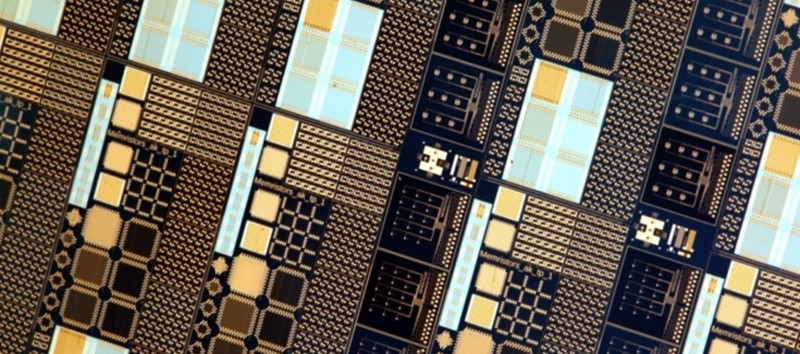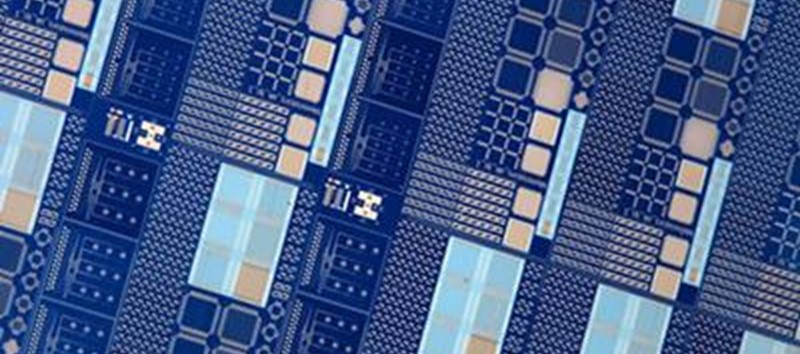In conventional electronics, data is processed on integrated circuits that house a large amount of transistors. A transistor is a device that controls current, acting as a switch or gate for the electronic signals. To meet today’s increasing demands, transistors have decreased in size and are fast approaching their physical limit.
Memristors act as a tinier, simpler alternative to regulate the flow of electrical current. The low-energy device preserves data by recalling the amount of charge that previously passed, and it can alter its resistance. These skills may pave the way for computers that can switch on and off in an instant, remembering everything.
"Memristors are a key enabling technology for next-generation chips, which need to be highly reconfigurable yet affordable, scalable, and energy-efficient,” says Themis Prodromakis, Professor of Nanotechnology and EPSRC Fellow at the University of Southampton.
The team was able to create new memristor technology that can store 128 distinct memory states per switch. The demonstration beats previous reports by a factor of four.
"This is a really exciting discovery, with potentially enormous implications for modern electronics. By 2020 there are expected to be more than 200 billion interconnected devices within the Internet of Things framework—these will generate an incredible amount of data that will need processing,” says Prodromakis.
Testing different configurations of functional oxide materials was the key to the new memristor performance. These materials are responsible for the memristor’s ability to change its resistance.
The article, “Multibit memory operation of metal-oxide bi-layer memristors,” was published in the journal Scientific Reports.






